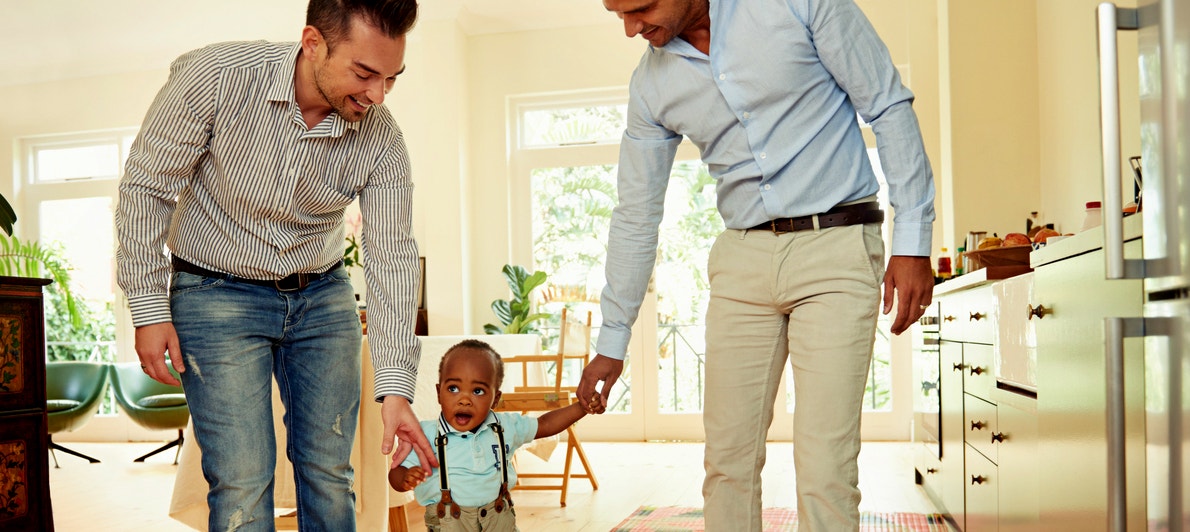The One Big TRUTH Adoptive Couples Need To Know About Their Child
Pay attention.
 istock
istock First off, if you are someone who has adopted a child, I personally want to thank you. Secondly, this post with the exception of the one big TRUTH is applicable for any parent.
I've talked to many people, both adoptees and adoptive parents. I also consulted with dozens of adoption agencies. And then, there is me. I was adopted.
What stood and stands out for me is the need for parental support before the baby arrives. Here are the 3 things every adoptive parent needs to know about their child:
1. Adopted children come into the relationship wounded.
This is the one big TRUTH. It isn't just some of them, it's every single one of them.
How those wounds show up later in life is largely dependent on the relationship with the family. The relationship with the family is dependent upon whether those initial wounds were exploited or embraced.
In simple terms, adopted children are immediately removed from the sounds of the womb in which they lived for 9 months. They don't lay on the chest of the mother and remain soothed and comforted by the rhythm of her heartbeat. The baby is taken away from that familiarity forever.
I'm sure you know what having something familiar that represents safety feel like? Perhaps you've experienced a death or a divorce? Then to have it abruptly taken from you can be devastating.
As an adult, it's painful but we adapt. As an adopted baby, not only is it painful but that pain is stored into the child's nervous system.
2. You assume the child will adapt.
Most would think the child does not have enough life experience to have these emotions or feelings. This is not true. They cannot express it now (or maybe they do but it gets overlooked as just baby behavior) but you can bet they will later in life.
So knowing that a child comes in with this challenge (only one of a few), here's what you really must understand.
Any future action you take that remotely resembles a feeling of separation, will compound within the child. That feeling begins to snowball and every subsequent event will do the same. To the point, there may be a disconnect.
You know how when mothers or grandmothers will say about the crying child at night, "Oh just leave them to cry. They have to learn independence."
Well, first of all, I think it's a personal choice. This means trusting yourself. It means not getting caught up in the myriad of parental advice that tells you what is best for your child. Do what works for you and only you.
Now, having said that, being armed with this information should help you make more confident decisions.
3. How you behave with the child in the day should not differ from the night.
If you nurture your child all day, do the same at night. If your baby has you hovering around all day and you dump them alone in their room at night when you are 'setting their sleep schedule', they feel abandoned.
Remember, in the child's nervous system are the feelings of abandonment/separation. To deny your child their needs is further validation that they are in fact being abandoned.
And suffice it to say, will lead to problems as the child gets older.
But please, don't get paranoid and question your every action. Just be aware, follow through, and MOST importantly, trust yourself!
Suzanne works with prospective adoptive couples who have unresolved issues surrounding their childhood that will cloud their ability to parent. She helps them to be confident, loving parents to their child, and provide an environment where the child thrives. Reach out to her here for a free 'Confident Loving Parent' breakthrough session. You can also check out her free E-book, 9 (Little Known) Factors That Could Affect Your Adopted Babies Mental Health And What You Can Do To Prevent It.

